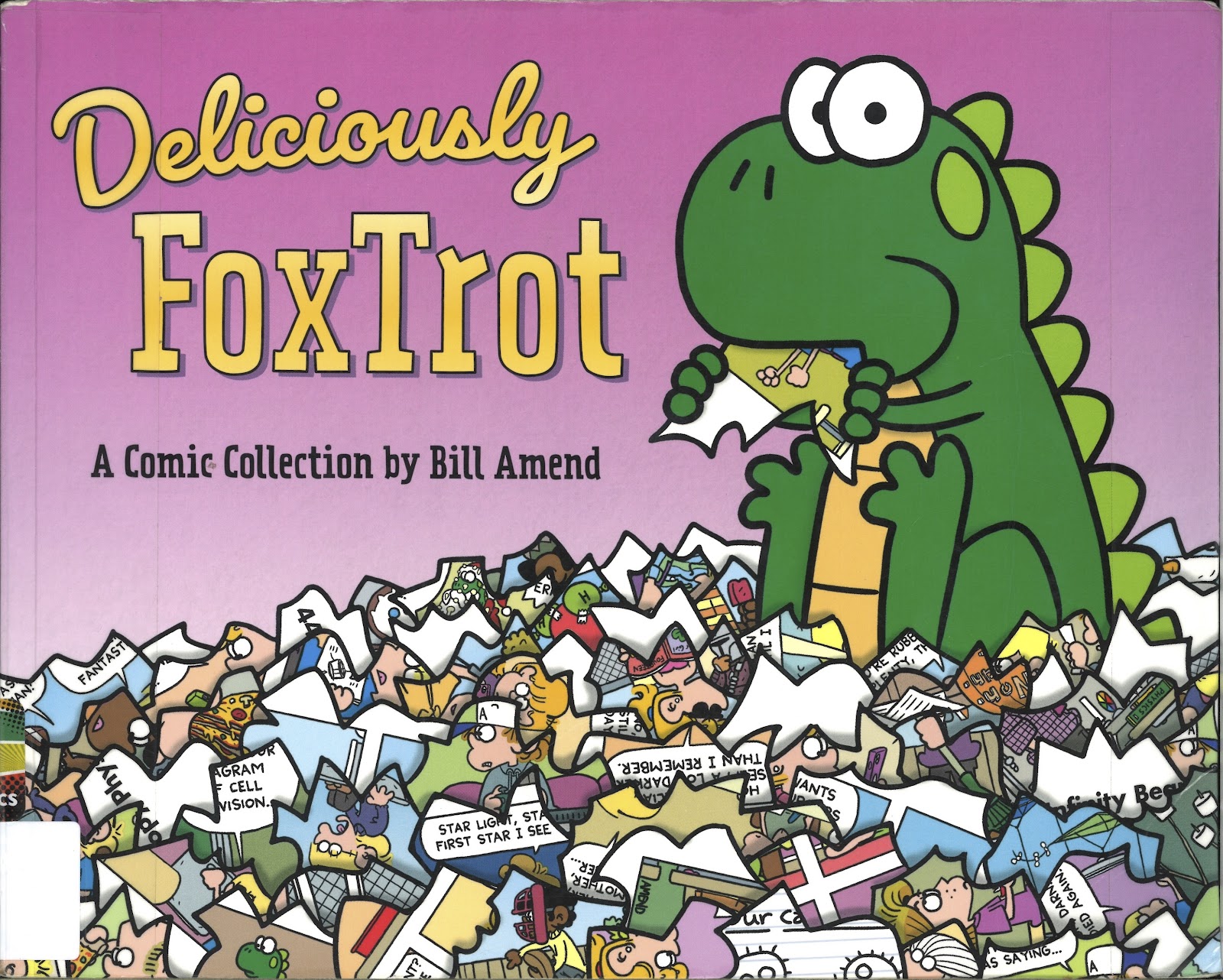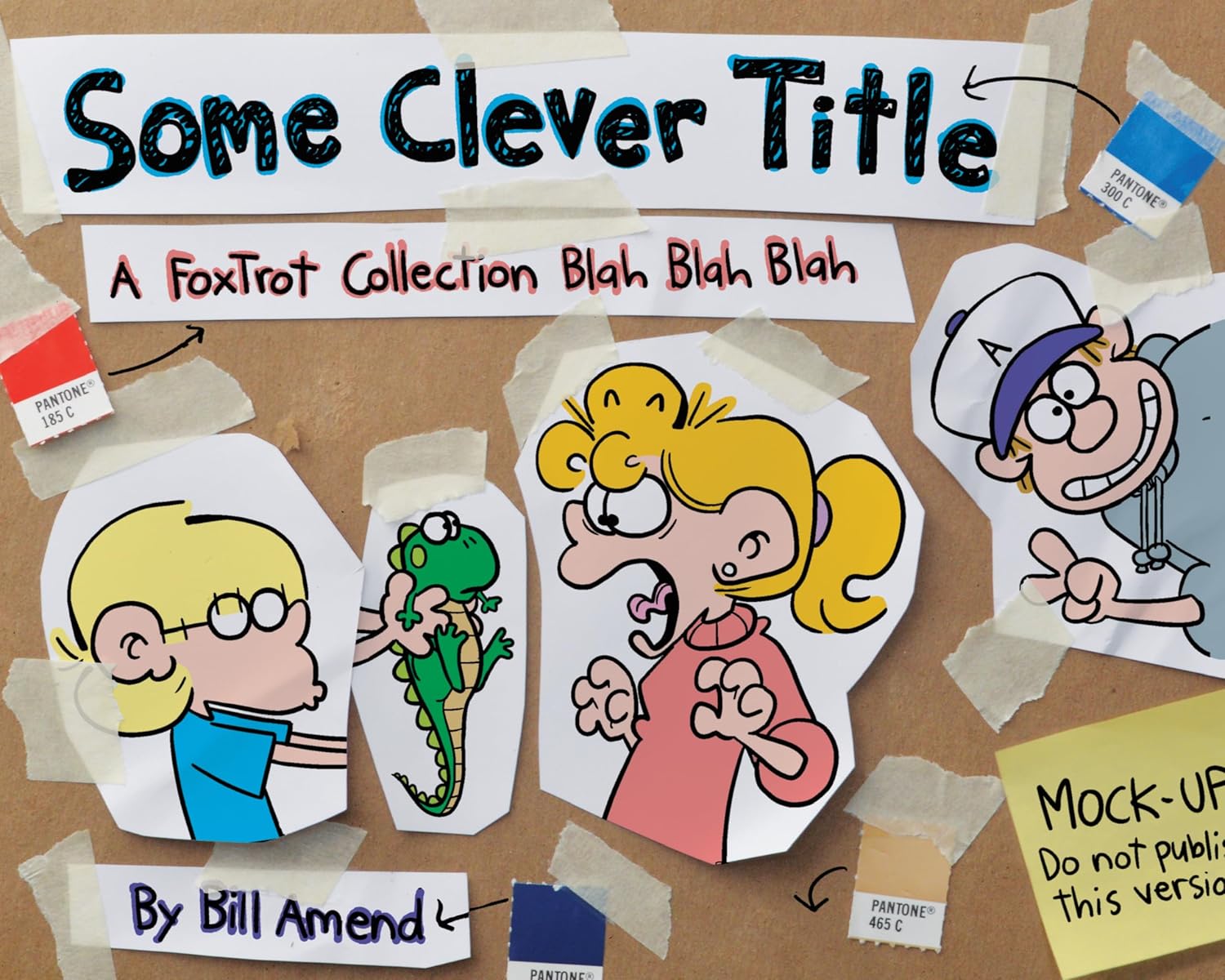“The Tallowed Image / Room and Bard.” By Alan Brennert. Perf. Ricardo Montalban, Hervé Villechaize, Lloyd Bochner, Audrey Landers, and Robert Reed. Dir. Carl Kugel. Fantasy Island. Season 6, episode 12. NETWORK. 29 January 1983.
I've known for a good while that there was an episode of
Fantasy Island that featured (at least in part) William Shakespeare. For a little while, I have known that Shakespeare was played by Robert Reed of
Brady Bunch fame. But, for some reason, DVD releases of
Fantasy Island have been few and far between—only the first three seasons have been released, and Shakespeare doesn't show up until Season 6! That's one reason I had to fantasize about a
Fantasy Island / Tempest crossover (for which,
q.v.).
But I knew that it wouldn't be long before it came my way (how it came my way is another matter), and I've enjoyed the Shakespeare half of the episode (for anyone who wants to know, the other story is about wax museums and Victorian London—with a horror flavor).
In the plot, famed actress Angela Markham arrives on Fantasy Island wanting to meet Shakespeare—but not to commit random acts of bardolotry or to learn what life was like in Shakespeare's day. She simply wants to act for him and to receive affirmation that she is a good actress.
Due to some fantastical mishap, Shakespeare ends up on Fantasy Island instead of Angela Markham showing up in Elizabethan England (the show doesn't trouble too much with the details, so neither shall I). Angela persuades Shakespeare to write a scene for her to act so that she can show her acting chops. Unfortunately, Shakespeare is suffering from writer's block. And he's being pursued by a man from his own time who thinks that Shakespeare is after his wife (which he sort of has been but also sort of hasn't). And the man has the support of Queen Elizabeth, who will not shed many tears if Shakespeare is killed.
But we soon come to realize precisely where Shakespeare is in his career: This is early Shakespeare, with many of his best plays yet to be written (we can suspend our disbelief when we're told that Angela is going to be at the Globe theatre, which means that he's already written everything up to 1599 at least, including Much Ado About Nothing, which is a phrase that this Shakespeare has either never heard before or never considered). If Shakespeare dies on Fantasy Island (or, I suppose, anywhere else) at the hand of the jealous husband, we'll never get Hamlet (among others).
Here's a brief edit of the episode for your entertainment, amusement, and edification:
I'm impressed at how well Tattoo knows his Shakespeare—including recognizing a Congreve quote (or paraphrase) as non-Shakespearean.
Among the other interesting things are the insights into Shakespeare's writing process and the strange temporal shift that enables a speech from a yet-unwritten (from Shakespeare's point of view) play to be delivered and then made the foundation of The Pedlar of Venice.
Links: The Episode at IMDB.
Click below to purchase season one of the show from amazon.com
(and to support Bardfilm as you do so).


























































